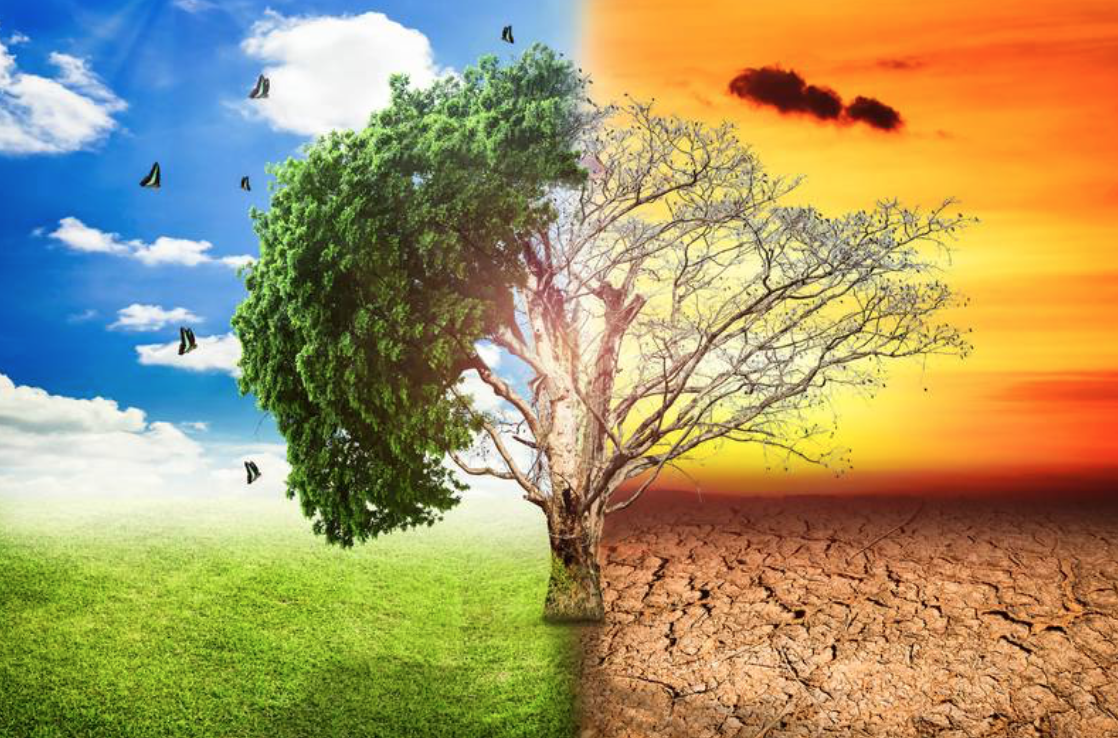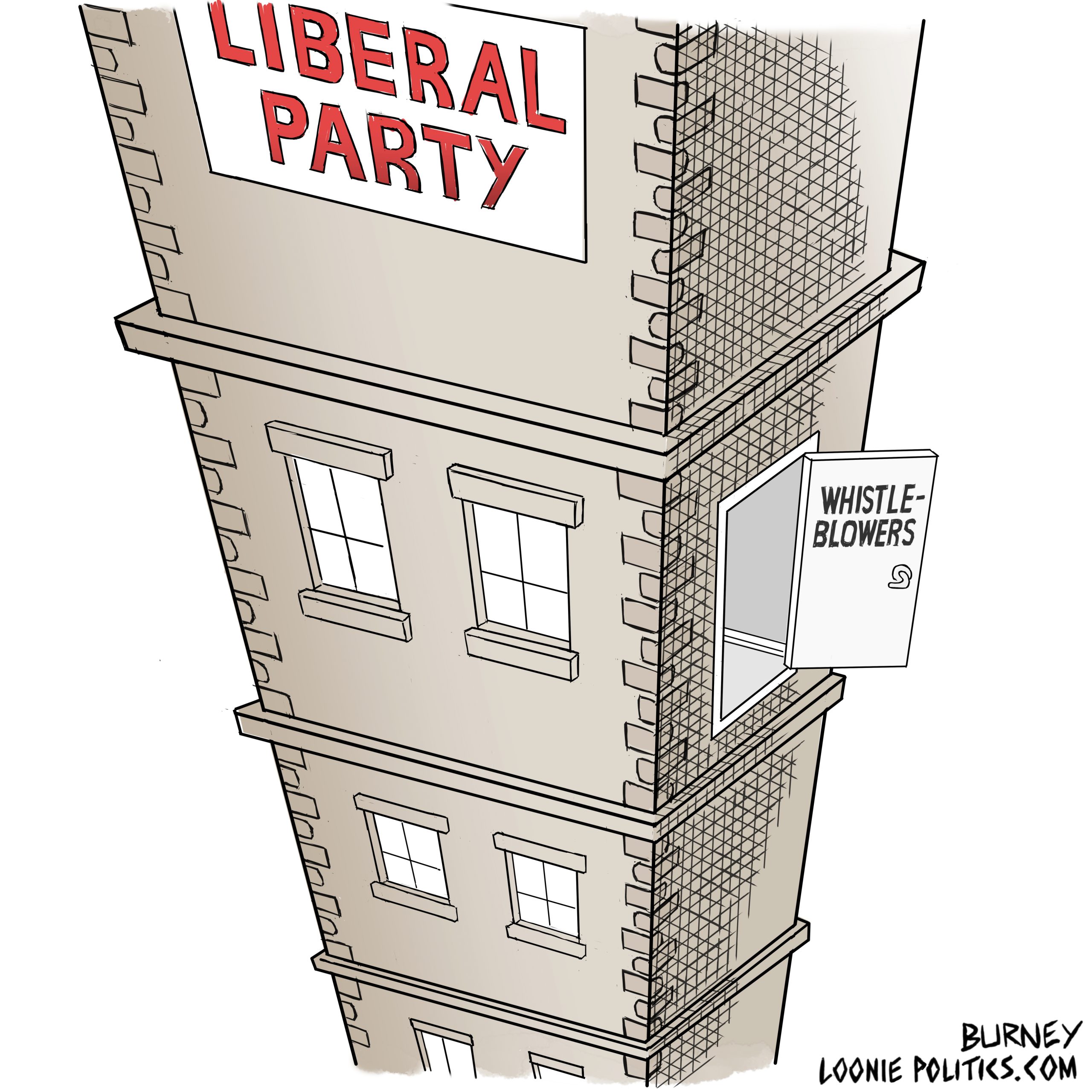Climate change is going to be a major issue in the upcoming 2019 federal election; or so says a recent Abacus poll.
As a matter of fact this poll, according to Abacus's own analysis, tells us that "millions of Canadians indicate that the issue is extremely important and will be one of the two most important issues that they will consider in choosing how to mark their ballot".
And Abacus goes on to say, "As the weeks count down to the next federal election it seems clear that climate change will be one of the more important issues that engage voters and separate political parties one from the other."
Now if you take this analysis at face value, it's surely good news for Prime Minister Justin Trudeau, who, of course, has made fighting climate change one of the top items on his agenda.
Yet, with apologies to all the fine people who work at Abacus, I don't take it at face value.
In fact, I think it's a lot of polling baloney. Or more accurately, I think the baloney is Abacus's interpretation of its own poll.
Now don't me wrong, I'm not for a minute suggesting this particular poll is basically just a blatant piece of pro-Liberal propaganda.
I would never make such a wild accusation.
Instead the point I want to make is simply this: sometimes public opinion polls, even those with meticulous methodology, can offer a misleading impression of public attitudes.
For instance, the Abacus poll I'm talking about asked respondents this blunt question: "How concerned are you personally about climate change?"
The results showed that a total of 83% of Canadians said they are "quite", "very" or "extremely concerned."
OK, that surely backs up the Abacus analysis, unless you wonder about the question itself.
And what I wonder is, when faced with the question "How concerned are you personally about climate change?" won't respondents be tempted to say, "I'm very concerned", simply because they don't want to look like they hate the planet?
In other words, even though people say climate change is a major concern, it doesn't necessarily mean that's truly the case.
Indeed, there's often a stark difference between what poll respondents say and what they really think.
This is why pollsters will use little tricks to try and get to the heart of the matter when it comes to voting priorities.
For example, one trick is to simply ask respondents to self-identify their most important issue from a list of broad categories, i.e. the economy, foreign policy, moral issues, terrorism, green issues, etc.
There's no prompting, no framing of the question, no guilt trips.
And usually when responding to such an open question, people typically say the issue they most care about is the economy.
To see what I mean, a US poll taken on the eve of the 2016 presidential election showed that 52 percent of Americans thought the number one issue in the country was the economy, while only 7 percent viewed "green" issues as a top concern.
This probably explains why Donald Trump, who made fixing the economy one of his main agenda items, defeated Hilary Clinton, who bragged about putting coal miners out of work.
Or, if you want a Canadian example, consider how Ontario Premier Doug Ford romped to a majority victory last year despite stomping all over Trudeau's carbon tax idea, which he labeled as bad for the province's economy.
Certainly if nothing else, Ford's win runs counter to the Abacus claim that Canadians view climate change as "extremely important."
I mean, if they did wouldn't Kathleen Wynne still be premier?
Meanwhile in British Columbia, NDP Premier John Horgan is considering offering "some relief" to consumers who are getting hammered with high gas prices.
If Canadians thought fighting climate change was such a top concern, wouldn't they welcome higher gas prices?
Maybe Horgan didn't see the Abacus poll?
Mind you, even the Abacus poll itself undermines the Abacus claim about the importance of the climate change issue.
What I mean is, according to the poll, when answering the question, "How important will climate change be in your vote this fall?" a paltry 12 percent of Canadians rated it as a "top issue."
That hardly sounds like a winning issue to me.
Photo Credit: Northern Pen








